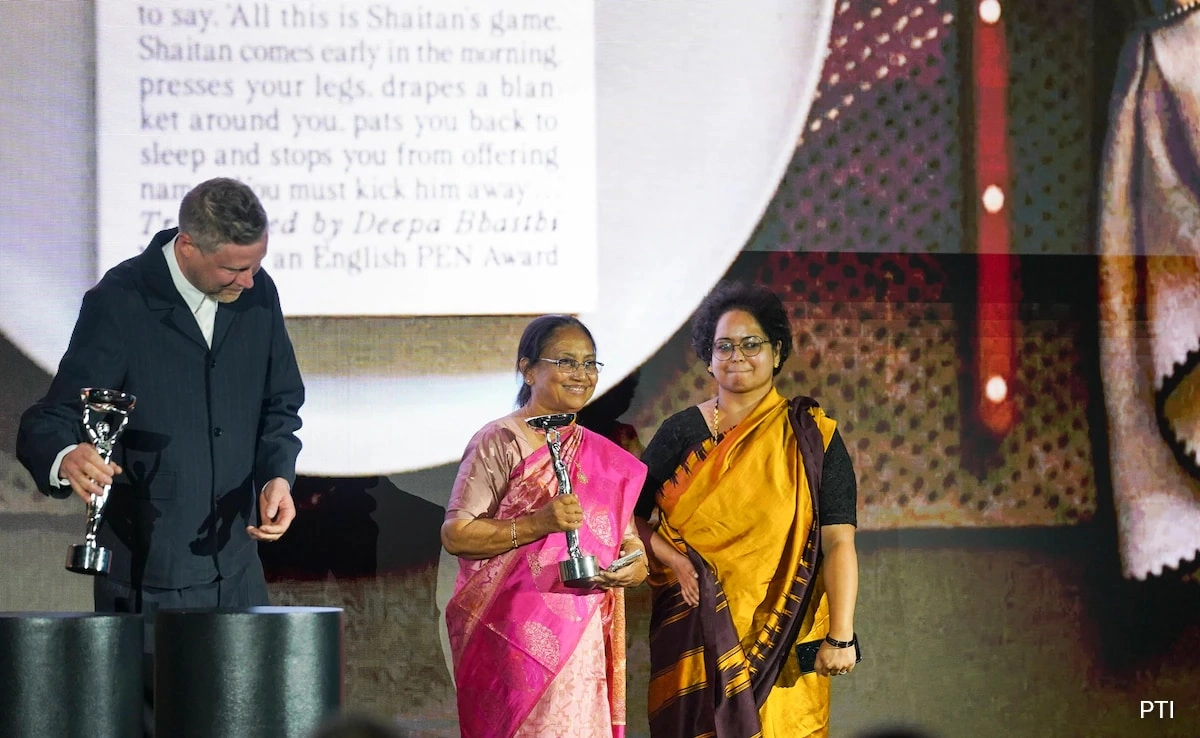Banu Mushtaq has emerged as a prominent figure in the literary landscape, particularly recognized for her impactful contributions to Kannada literature. Her recent achievement of winning the International Booker Prize has brought her work to the global stage, elevating her status as a writer of significant merit. Mushtaq’s narratives often delve into the complexities of human emotions, societal norms, and cultural nuances, making her stories resonate with a diverse audience. Through her evocative writing style, she captures the essence of human experiences, presenting them in a manner that is both relatable and thought-provoking.
Born and raised in a region rich in cultural heritage, Mushtaq’s early life experiences have heavily influenced her writing. She draws inspiration from her surroundings, weaving intricate tales that reflect the struggles, aspirations, and joys of people from various walks of life. Her ability to portray the intricacies of relationships and the societal challenges faced by her characters has garnered her critical acclaim and a dedicated readership. Mushtaq’s work is characterized by its authenticity, as she often uses her platform to address issues such as gender inequality, social justice, and the importance of identity in a rapidly changing world.
Winning the International Booker Prize is a testament to Mushtaq’s talent and the universal appeal of her storytelling. This prestigious award not only recognizes her literary prowess but also highlights the significance of regional languages and narratives in the global literary discourse. Mushtaq’s victory serves as an inspiration for many aspiring writers, particularly those from underrepresented backgrounds, encouraging them to share their stories with the world. Her success underscores the importance of diversity in literature and the need for voices from various cultures to be heard and celebrated. As she continues to write and inspire, Banu Mushtaq stands as a beacon of hope for future generations of writers, proving that literature knows no boundaries and can bridge gaps between cultures and communities.




